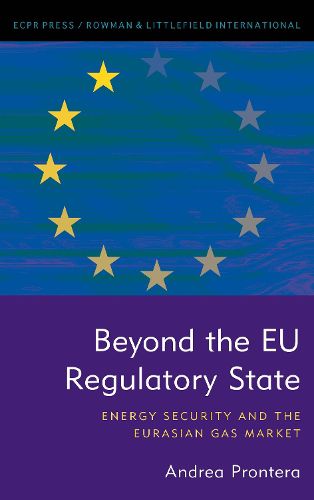Readings Newsletter
Become a Readings Member to make your shopping experience even easier.
Sign in or sign up for free!
You’re not far away from qualifying for FREE standard shipping within Australia
You’ve qualified for FREE standard shipping within Australia
The cart is loading…






The EU’s growing dependence on natural gas and Russian resources, energy security has become a hot discussion topic in academia and in policy circles in Brussels, Washington and many European capitals. However, most of the books on the subject use a very descriptive and/or normative approach and very few attempt to theorise EU energy security outside of mainstream conceptualisations of the EU as an international actor.
This book closes an important gap in the literature and offers a fresh perspective on EU energy studies, and it will be an important contribution to the debate on the development of European integration and the EU’s role in international relations in the wake of the crisis in EU politics and in light of the EU’s increasingly complex external environment.
Due to its interdisciplinary features - the book combines EU studies, international affairs, political economy and energy studies - and the topics covered, this book will be of special interest to scholars of the international political economy of energy and to those interested in European politics and EU international relations.
$9.00 standard shipping within Australia
FREE standard shipping within Australia for orders over $100.00
Express & International shipping calculated at checkout
The EU’s growing dependence on natural gas and Russian resources, energy security has become a hot discussion topic in academia and in policy circles in Brussels, Washington and many European capitals. However, most of the books on the subject use a very descriptive and/or normative approach and very few attempt to theorise EU energy security outside of mainstream conceptualisations of the EU as an international actor.
This book closes an important gap in the literature and offers a fresh perspective on EU energy studies, and it will be an important contribution to the debate on the development of European integration and the EU’s role in international relations in the wake of the crisis in EU politics and in light of the EU’s increasingly complex external environment.
Due to its interdisciplinary features - the book combines EU studies, international affairs, political economy and energy studies - and the topics covered, this book will be of special interest to scholars of the international political economy of energy and to those interested in European politics and EU international relations.